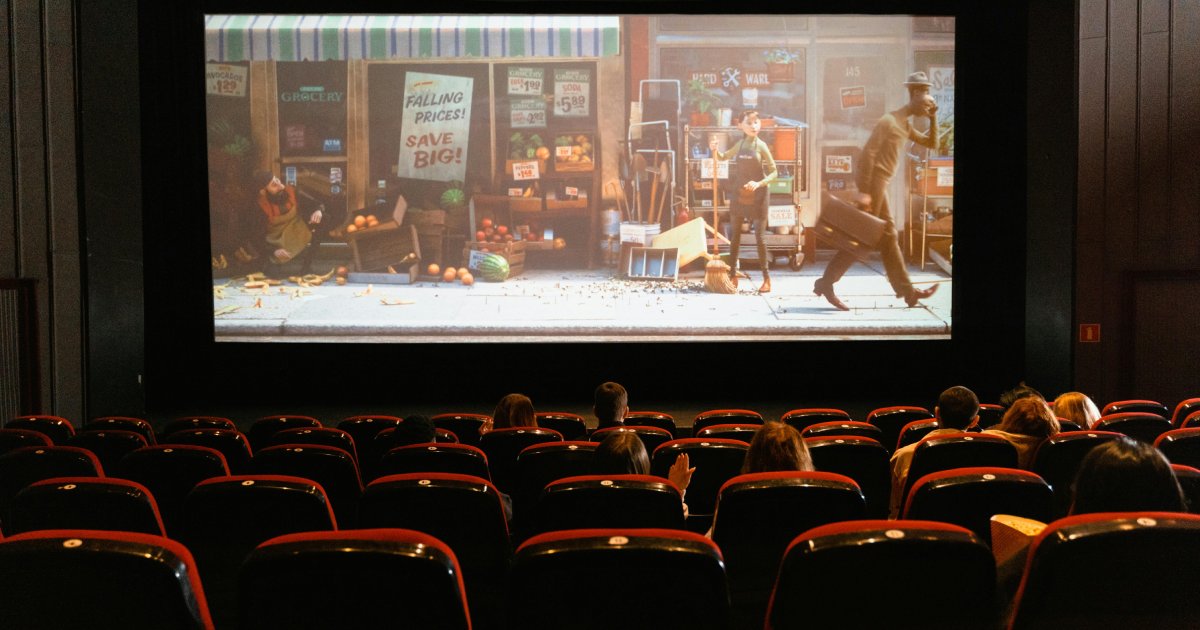What is Taking Over for Theatrical Film Licensing?

By: Mark Seavy
With a theatrical film release schedule that is heavy on prequels, sequels, and remakes (and light on new content well into 2025), licensees are broadening their strategies.
And while some manufacturers have focused on giving evergreen properties a new twist—Mattel has gained plaudits for its Jurassic World: Epic Evolution toy line, for example—others are growing their efforts outside the theatrical film business.
Jakks Pacific, which historically has been reliant on tentpole films from evergreen properties, signed a licensing agreement with Authentic Brands Group for its Juicy Couture, Quicksilver, Roxy, Sports Illustrated, and Prince brands. Jakks will deliver skateboards and roller skates (Quicksilver, Roxy) this fall sold through mass retailers and sporting goods chains and follow up with outdoor products in 2025, including beach chairs, umbrellas, pool floats, and splash mats (Forever 21, Sports Illustrated, Prince). It is also readying the first new toy line inspired by The Simpsons in 15 years, tied to the release of the franchise’s 36th season in September.
“You have to adapt and do the hard work to compensate if your underlying goal is to deliver consistent, predictable results,” said Jakks CEO Stephen Berman, whose company’s licensing business benefitted last year from the release of The Super Mario Bros. Movie. “There are not any major consumer product selling movies in the first half or even in the first three quarters of the year. Where we stand with evergreens is very solid. But there is just nothing great [in theatrical films] coming out that is going to push the industry into these high levels of excitement.”
And while the sluggish box office may have taken a turn this past weekend with the release of Dune 2, some licensees are turning instead to streaming services as well as video and mobile games to fill the void left by the lack of original new films hitting the big screen.
Toymakers PhatMojo and PMI Toys, for example, have created collectible products inspired by NFTs, Roblox, and video and mobile games that already have built-in fan bases. PMI developed collectibles based on Toikido’s Pinata Smashlings, Supercell’s Brawl Stars, Boneloaf’s Gang Beasts, and Yuga Labs’ Pudgy Penguins, the latter being an NFT turned toy that is being sold through 3,000 Walmart stores. PhatMojo, for its part, built collectibles around Big Games’ Pet Simulator Roblox title and Mob Entertainment’s Poppy Playtime PC game.
“Those sequels and prequels are up against, in the case of mobile games, content that changes on a weekly, even daily basis,” PMI CEO Omer Dekel said. “Sequels and prequels can be good, but that market may shrink more and more because the younger consumers are looking for new content constantly and seem to be jumping from one thing to another every other day.”
On the licensor side, this move away from tentpoles does present the challenge of a lack of predictability when compared to the schedule of launching consumer products inspired by a theatrical release. Sony Pictures Entertainment’s The Boys was released on Amazon Prime Video along with an Amazon store for selling related merchandise. And when the studio released the horror film Thanksgiving last November, there was reliance on print on demand.
“Consumers want originality but right now retailers are very risk averse, so it is hard to get new content and products because they want to know it is successful,” said Jamie Stevens, EVP for Global Consumer Products and Licensing at Sony Pictures Entertainment. “So, we lean into new IP for places where the risk for the retailer is lower.”
Yet finding a home for new theatrical properties will likely be challenging going forward as the film business adapts to ongoing changes.
“If you look at overall box office, it is impacted by the strikes last year, but you are still down 40% from pre-pandemic levels through the first quarter,” said Richard Greenfield, Managing Partner at LightShed Ventures. “It will get better and finish the year down 10-15%. That is a business, but a smaller business than it was historically.”




